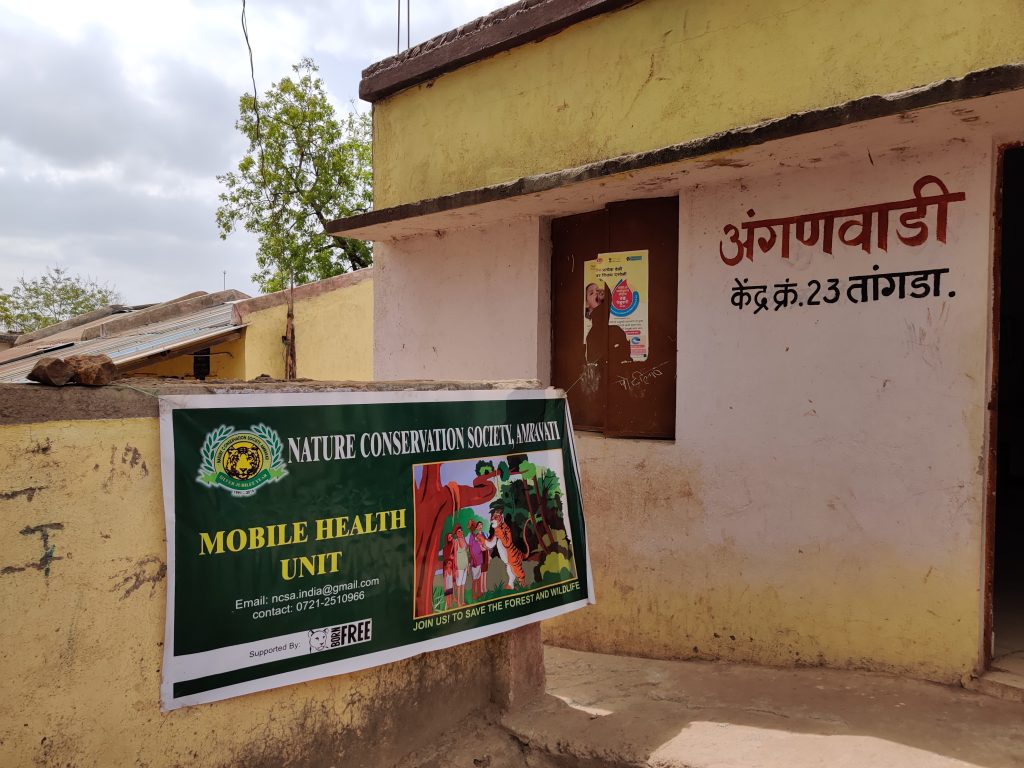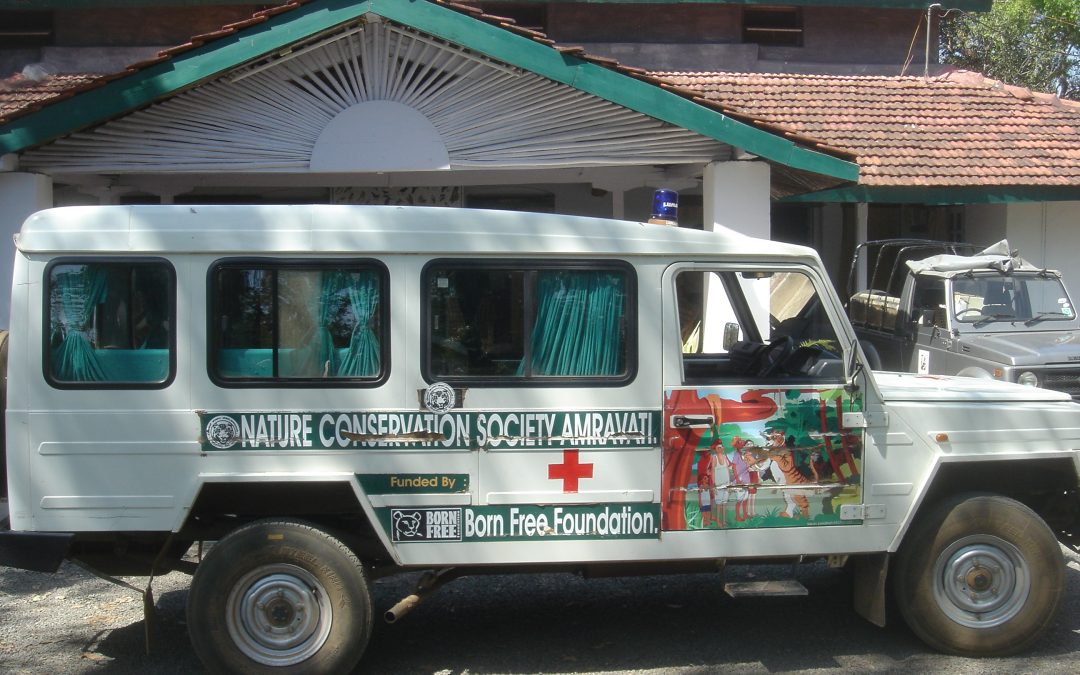When nature unleashes its fury, heroes emerge—not always cloaked as rescuers, but sometimes as gentle healers. For more than three decades, the Nature Conservation Society, Amravati (NCSA), has championed wildlife preservation and biodiversity in Central India. Its mission centers on community trust and grassroots conservation, but when the rains grow wild in Melghat, the society’s impact unfolds in new ways—bringing medical care to the region’s most isolated tribal communities.
Melghat: Where Rain Rules and Isolation Deepens
The recent months have seen Melghat drenched with torrential monsoon rains. Villages—Khamda, Khokmar, and many more—find themselves cut off by landslides and vanishing roads. As water sweeps through valleys, epidemics surge and anxiety grows, especially among those in villages tucked away in dense forest or atop slippery slopes. Here, where government resources rarely reach, the NCSA Mobile Health Unit (MHU), supported by the Born Free Foundation, becomes the only bridge to wellness.
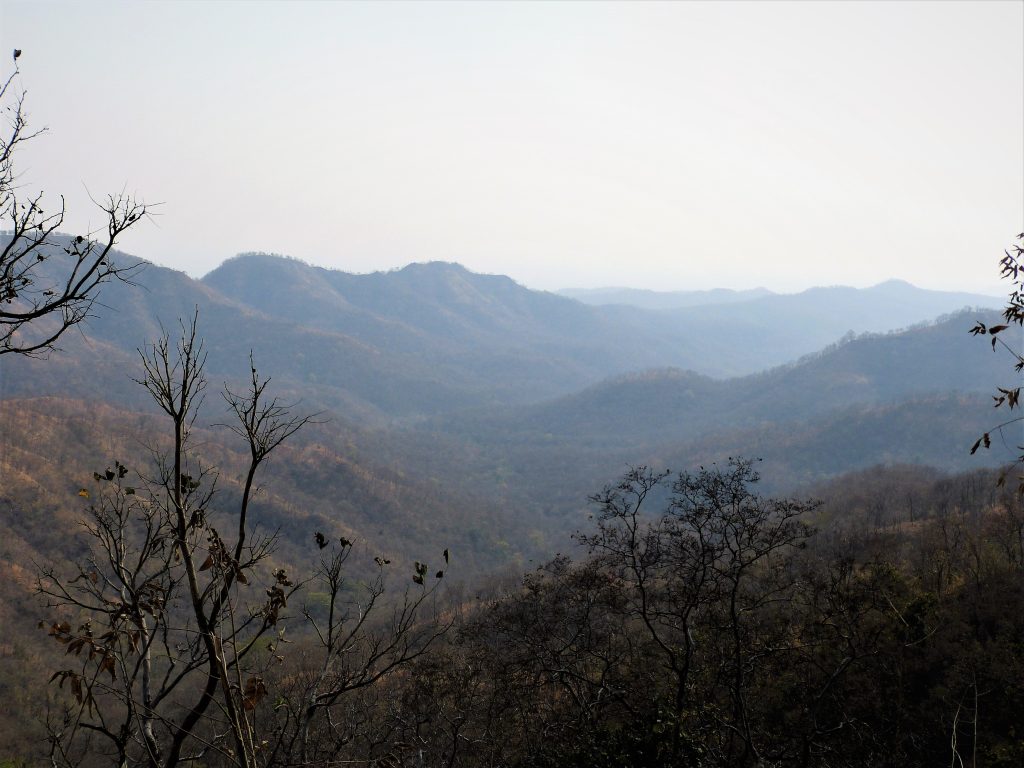
Melghat tiger reserve
Into the Storm
On September 16, 2025, NCSA’s MHU team pressed forward, finishing their work in Dhokda and rolling towards Khokmar through unending rain. Muddy roads and overflowing rivers barely slowed their progress; their resolve was unwavering. “The villagers need us. We will not back down,” was the unspoken refrain echoing in every heart of the team
Arriving in Khokmar, the team set up a temporary camp in the Zilla Parishad School’s courtyard. Sopping wet, chilled, buffeted by winds and rain, the medical staff saw lines of villagers waiting with hope. One elderly man’s voice trembled as he said, “Brother, you came in this much rain… You treated us and gave medicines. If we had gone to the hospital, it would cost money. You gave us care free. May God bless you.” Those words lit up the tired doctors’ faces more than any ray of sun could.
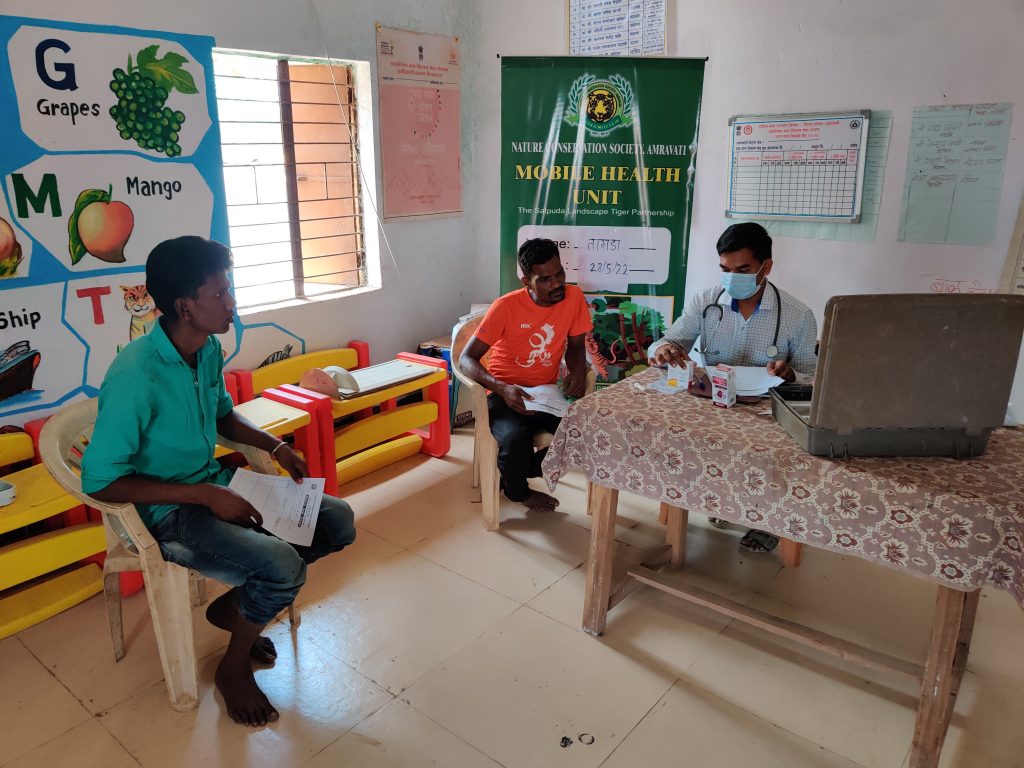
A file photo of an NCSA medical camp in Melghat
Rescue Amidst Nature’s Fury
The journey home tested the team again; twice, raging rivers blocked their route until water receded. Then, at Chaurakund–Tangda junction, they saw villagers waving, carrying a frail woman—Savita Rajesh Dhurve of Tangda, critically ill—on their shoulders. “Bhaiyya, the patient is serious. The floods blocked our way, we carried her all the way here. Please, take her to the hospital quickly,” implored the villagers. Instantly, the MHU team braved the rain, loaded her gently into their vehicle, and began urgent treatment as the van sped towards help—its headlights and their hearts cutting through the gloom.
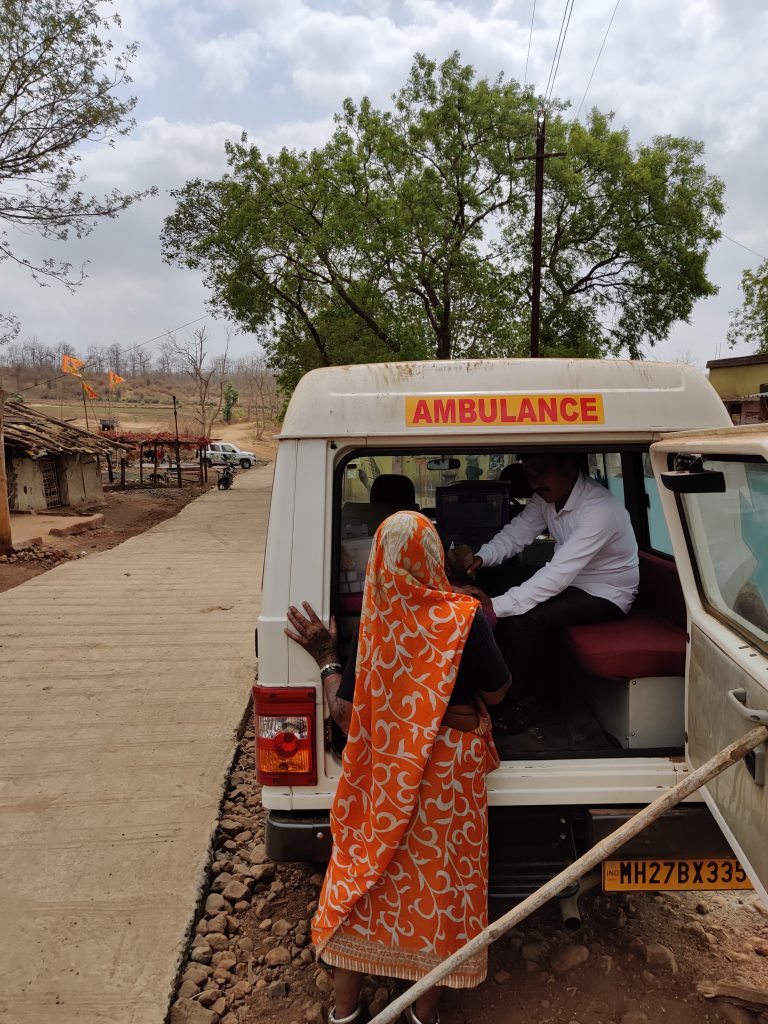
A file photo of the NCSA ambulance van
Triumph of Compassion
In Melghat’s wild hills, as rain fell and thunder crashed, it wasn’t nature alone that reigned. Compassion and courage, stitched together by the NCSA Mobile Health Team, triumphed over every obstacle. Their service in the heart of Melghat’s monsoon is a testament to the power of human empathy—proof that even when roads dissolve and rivers rise, the will to care and heal remains unshaken
Our partner NCSA’s story is evidence that true conservation doesn’t stop with wildlife—it includes protecting people, especially amid storms that seem relentless.
